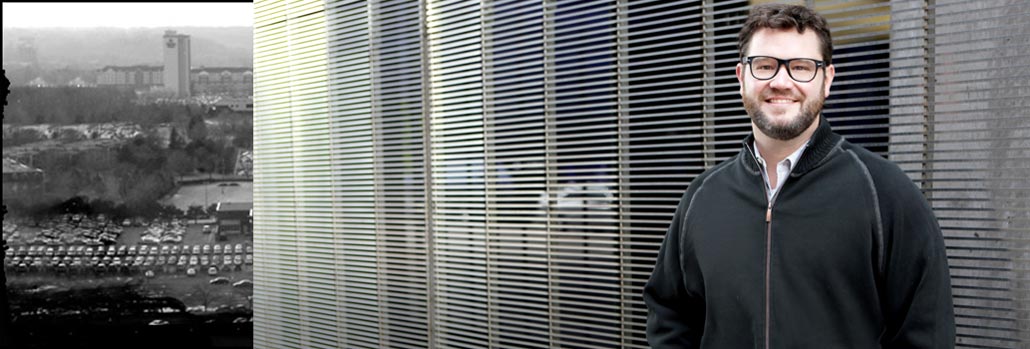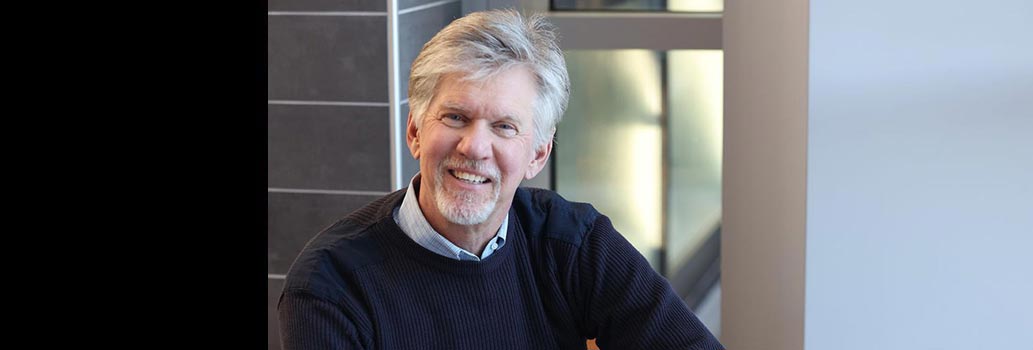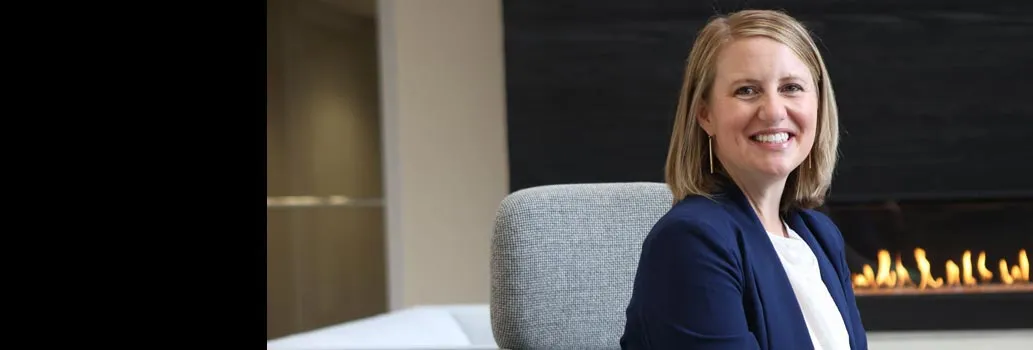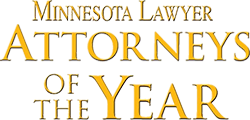DWI Forfeiture Law
Home – Practice Areas – Blogs - DWI Forfeiture
In addition to the threat of jail time and loss of driving privileges, Minnesota’s impaired driving laws allow state agencies to seize and forfeit motor vehicles and recreational vehicles for certain DWI offenses.
Forfeitures are civil proceedings that operate independent of the criminal court process and have very strict timelines and filing requirements. If these procedures are not followed, the state agency that seized the vehicle will, under most circumstances, own it by default.
Although forfeiture seizures are often challenged in court, very few will result in contested hearings. This is because the underlying facts are seldom at issue in forfeiture cases. However, given recent changes in the forfeiture law regarding return of seized vehicle, it is important to consider filing a challenge anytime a vehicle has been seized under the forfeiture law.
Minn. Stat. § 169A.63 authorizes the forfeiture of a motor vehicle or recreational vehicle used to commit one of the following:
- (a) a violation of the DWI law within ten years of the first of three or more qualified prior impaired driving incidents; or
-
(b) a violation of the driving while intoxicated law when a driver has previously been convicted of a felony DWI or felony criminal vehicular operation (CVO) while under the influence of drugs or alcohol.
- 2. Second-degree DWI offense. A second-degree driving while intoxicated offense occurs when there are two or more aggravating factors, or an implied consent test refusal and one aggravating factor. Aggravating factors include: (1) a prior impaired driving conviction or license revocation in the past ten years; (2) an alcohol concentration of 0.16% or more; or (3) having a passenger under the age of 16 in the vehicle.
- 3. Any DWI offense by a driver whose license has been canceled as “inimical to public safety” (IPS) and has not yet been reinstated.
- 4. Any DWI offense by a driver whose license has been restricted by the Commissioner of Public Safety requiring abstinence from the use of alcohol or drugs (a.k.a. “B-card”)
A motor vehicle is subject to forfeiture under Minnesota’s DWI forfeiture law as a result of either a license revocation or a criminal conviction if it was preceded by at least two or more prior impaired driving convictions or license revocations occurring within the previous ten years.
If the owner is not the violator, the vehicle will not be subject to forfeiture if the owner can demonstrate to the court by clear and convincing evidence that they either:
(1) did not have actual or constructive knowledge that the vehicle would be unlawfully driven, or
(2) took reasonable steps to prevent the vehicle from being taken.
If the offender is a family or household member with three or more prior impaired driving convictions, the owner is presumed to know of the unlawful vehicle use – regardless of whether they had actual knowledge – and the vehicle may be forfeited.
Vehicles subject to a security interest or a lease agreement may not be forfeited without regard to the interests of the secured party or lessor unless either had knowledge of or consented to the unlawful use of the vehicle and did not take reasonable steps to prevent it.
Forfeited vehicles must either be sold or retained by law enforcement agency for official use. If the proceeds from a sale are less than an outstanding loan balance, the agency must give all sale proceeds (minus storage and expenses relating to the sale) to the secured party.
Minnesota’s forfeiture law authorizes two ways in which a person with an interest in a seized vehicle can seek its return.
First, any person with an interest in the seized vehicle can petition the prosecuting attorney handling the forfeiture for remission or mitigation of the forfeiture. Using its sole discretion, the prosecuting attorney can remit or mitigate a forfeited vehicle upon terms and conditions it deems reasonable if it finds that either the forfeiture occurred without willful negligence or without any intention on the part of the petitioner to violate the law or that extenuating circumstances justify the proposed remission or mitigation of the forfeiture.
Second, in 2019 the Minnesota legislature made it possible for drivers of seized vehicles to avoid forfeiture of their vehicles if they become program participants in the ignition interlock program. This exception applies only if they enroll in the program during the time the forfeiture action is challenged. Once the driver enrolls in the program, the forfeiture proceeding is stayed, and the vehicle must be returned to the person and outfitted with interlock equipment, although the prosecutor can seek a bond as surety for the vehicle.
Upon successful completion of the interlock program by the driver, the forfeiture action is dismissed, the driver regains title to the vehicle, and any bond or surety is released.
If you find yourself facing DWI or OWI charges or your vehicle has been seized for forfeiture and need to explore your options for getting it returned, our seasoned lawyers can help. Attorneys are available 24-7 — Call us at 612-DEFENSE (612-333-3673).
















